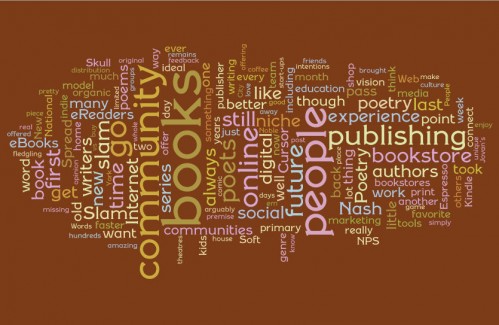On Branding, Tribes, and Seth Godin Goes Wild

“If you can just assemble these 30,000, 50,000, 100,000 people who love literary fiction, then you’ve earned the right to be the ringleader, the leader of that tribe—and you’ll never, ever again have trouble selling literary fiction.”
–Seth Godin, How to Fix the Publishing Industry
Seth Godin arguably did not have the Best Week Ever last week, between his ill-conceived Brands in Public initiative, and his controversial talk at a brown bag lunch put together by the Digital Publishing Group here in New York City. Harsh reactions to both raged on Twitter and in the blogiverse, and he quickly walked back his brandjacking project, a brazenly opportunistic social media scam that effectively sought to leverage the real-time web and SEO tactics to extort $400/month from brands looking to control the presentation of their dirty laundry via his Squidoo site.
Between these two incidents, and his ill-advised comments on non-profit organizations and social media a couple of weeks ago (for which Geoff Livingston and Ike Pigott deftly cut him down), I’m starting to think the old man has lost a step.
Or three.





